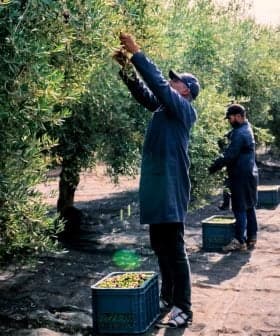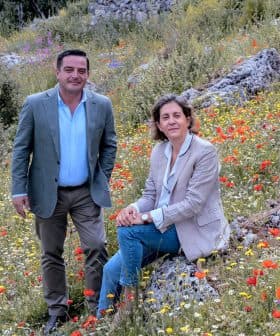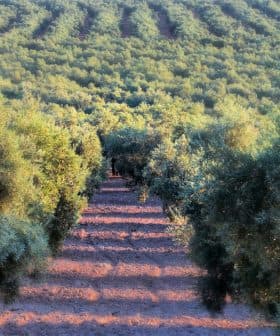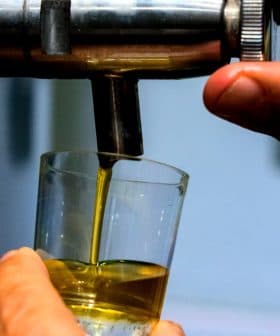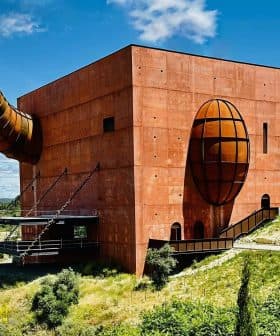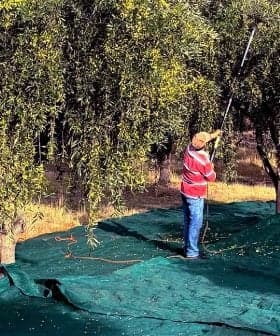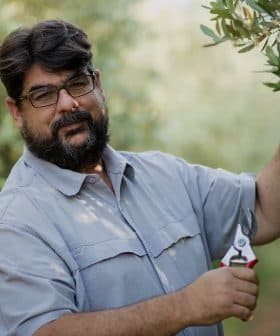Catalonia Pledges €1M to Filomena Recovery, Rejects Most Aid Requests
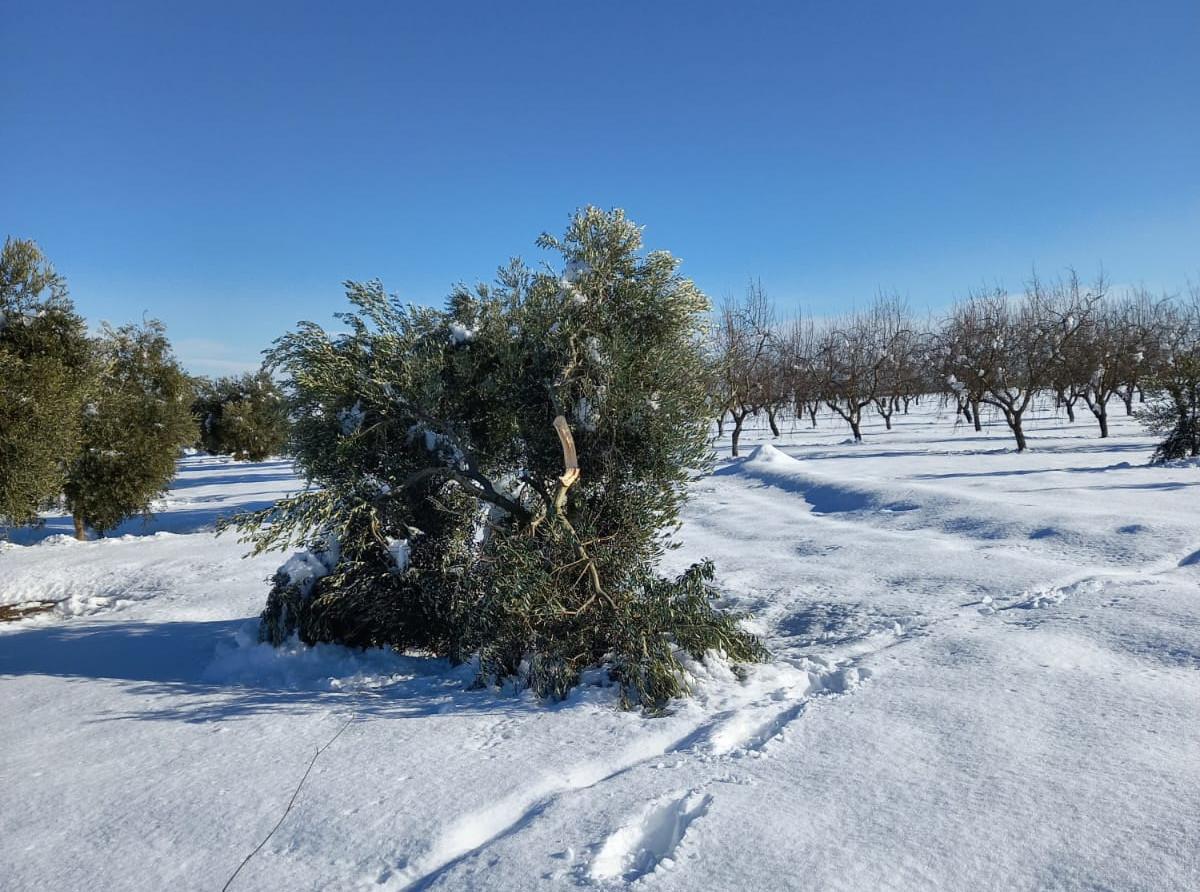
The Catalonian regional government has approved over €1 million in subsidies for olive farmers affected by Storm Filomena, with 511 out of 623 applications approved for compensation due to damage exceeding 30 percent. Farmers have protested the denial of 65 percent of applications, arguing that the assessment underestimated the long-term damage caused by the snow.
To compensate farmers for the costs incurred in recovery efforts, the Catalonian regional government has approved more than €1 million in subsidies for olive farmers affected by the Storm Filomena last January.
A total of 623 applications for compensation were submitted, of which 89 were not accepted due to non-compliance with the requirements, and 23 were withdrawn. Of the remaining 511,170 were approved, and 341 were denied.
It is very difficult to determine the productive potential if you have not been here before.
Only groves with damage exceeding 30 percent were eligible. The area in which this level of damage was found was calculated to comprise 1,245 hectares.
To determine the degree of damage, technicians from the Catalan Department of Climate Action, Food and Rural Agenda used a combination of on-site assessment and photographs submitted by applicants through a mobile app.
See Also:Spain Deploys Police to Monitor Olive HarvestHowever, Catalan olive farmers have protested the decision to deny 65 percent of the applications for compensation. They argue that the assessment underestimated the long-term damage that the snow inflicted upon their trees.
Miquel Maria Prunera is among the farmers who did not receive aid. Located in Garrigues, one of Catalonia’s main olive-producing regions, he told local media that his 2021 harvest was nearly 98 percent lower than the previous one. “In 2020, I weighed 41,000 kilograms and this year only 900,” he said.
In Bovera, one of the main cities in Garrigues, both the mayor and a local irrigation technician said the Department of Climate Action, Food and Rural Agenda should return and employ local technicians to estimate the damage done to olive growers.
“It’s a complicated area, and not being technicians from the area, they did what they could,” Òscar Acero, the mayor of Bovera, told local media.
“It is very difficult to determine the productive potential if you have not been here before,” added Víctor Sas, the irrigation technician.
Approximately 46,000 hectares of olive groves in Catalonia were impacted by the Storm Filomena, which left five people dead and caused an estimated €1.8 billion in damage. While compensation was provided earlier in the year, the full extent of the impact was not immediately apparent.
As Lluís Gaya, head of the olive sector at the Association of Young Farmers and Ranchers in Catalonia (JARC), explained in September: “After pruning, farmers found a higher impact and a much bigger pruning job than in other years to remove all of the branches broken by the weight of the snow.”
He added that other branches had previously “looked in good condition, but were broken, and now with the weight of the olives, they have given way or will do so before harvest.”
Damage such as this can be caused not only by physical stresses but also by microscopic destruction caused by water inside the tree freezing and rupturing cell walls.
As problems of this nature can have long-term impacts, calls for additional aid in the future cannot be ruled out.


